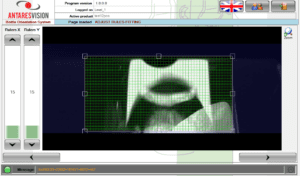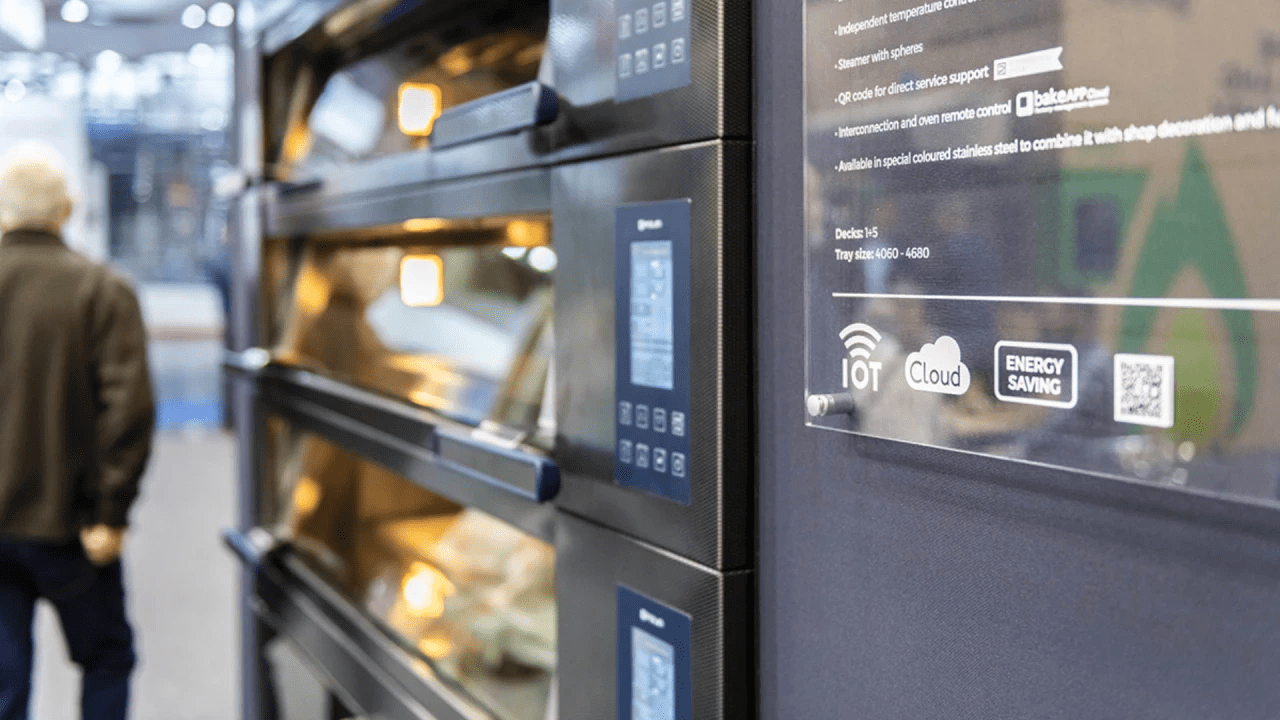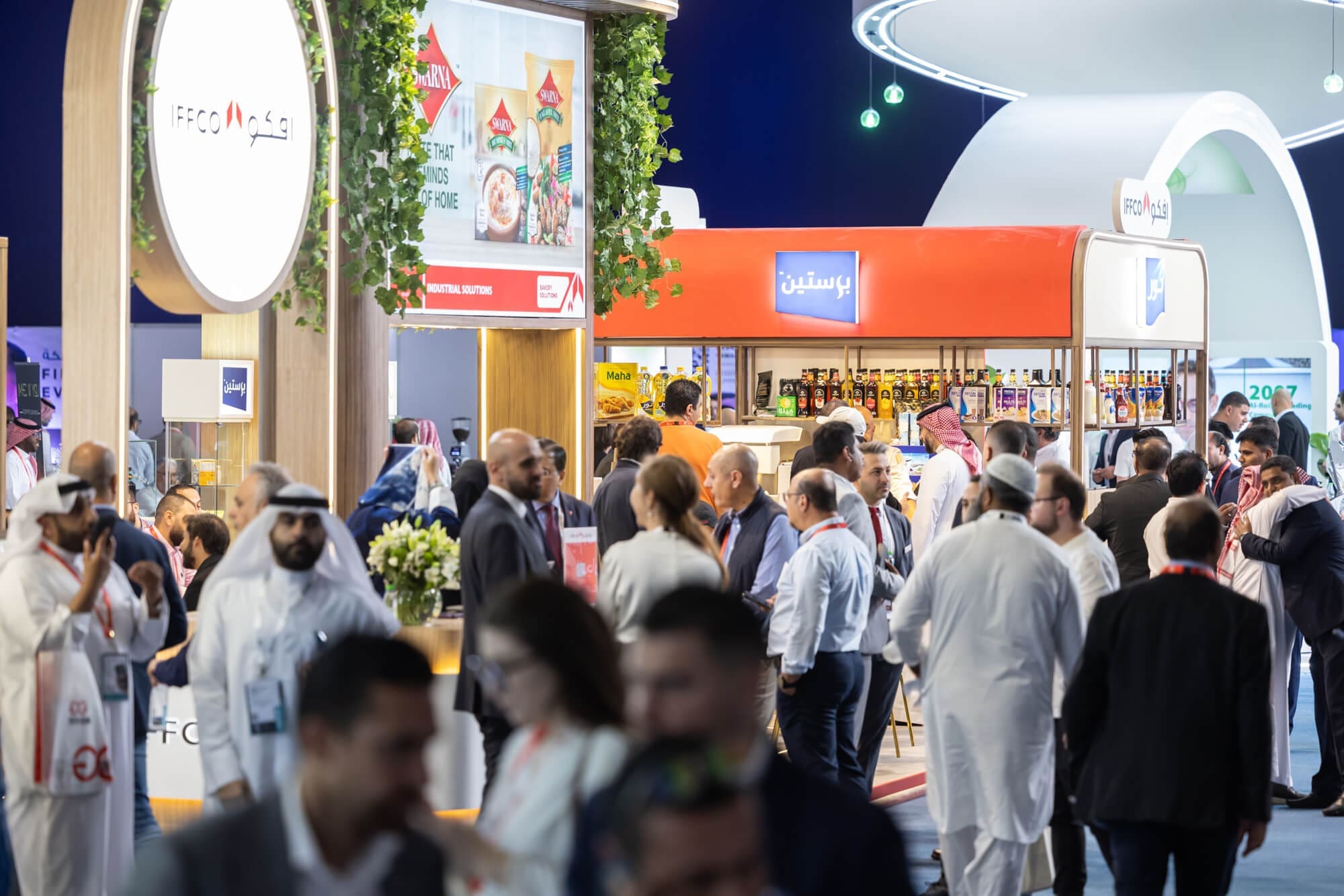Leader in serialization systems for pharmaceuticals, Antares Vision aims to grow also in the food industry, providing its expertise and technology for the tracking of products throughout the supply chain and systems for label inspections.
Following its international confirmation in the pharmaceutical industry, Antares Vision increasingly looks to the food and beverage sector. Its systems for tracking and inspection of packages, installed worldwide within major pharmaceutical companies’ plants, are an important calling card for the increased traceability and safety demands of the food industries.
Track & Trace: food supply chain under control
“The Track & Trace systems have until now been mainly applied to pharmaceutical serialization, also in light of the national regulations that are making it mandatory in several countries,” explains Paolo Gilberti, Business Development Manager of the Industrial Vision Systems Division of Antares Vision. “However, they are destined to become increasingly relevant in the food industry. We believe that, even in the absence of legislation imposing serialization of food, this industry will gradually adopt standard tracking rules. Antares Vision is not only one of the leading companies in the world in the development of Track & Trace systems, but it is the only one that manages the tracking of the entire production chain by integrating logistics warehouse management”.
“Many manufacturers are still turning, for traceability solutions, to generic software houses or seek to develop software internally, often without possessing proper expertise and without considering the existence of industry specialists”, comments the manager. “We are positive that the food industry’s reception to Track and Trace systems will greatly increase, especially because they allow the individual tracking of any defective or contaminated product and a quick withdrawal from the market, avoiding to lose entire batches”. All printing and control functions can be included in compact “standalone” units, or in integrated kits on board existing machines which allows considerable space savings on packaging lines.
Solution for labelling machines
Another cutting-edge technology in the field of vision controls for food and beverage is the inspection of labels. “Labelling is a critical stage in primary and secondary packaging, not only for the information that labels provide and for traceability, but also for exquisitely aesthetic aspects”, states Gilberti. “Antares Vision has developed solutions designed specifically for the labelling industry dedicated to food packaging”. The ALC system, Antares Label Check is able to check the correct positioning and measurements of labels on the package inline.
Another innovative – and patented – system for labelling is BOS, Bottle Orientation System, designed to orient bottles during the labelling phase. Its goal is to meet the increasingly complex requirements that have emerged in the bottling industry. “The evolution of marketing and consumption patterns has led to an increased use of glass and PET bottles, with studied shapes, engraved or embossed logos, especially for limited production”, explains Gilberti. “There are already special bottle labelling machines on the market that require costly investment and long set up times, which are not justifiable for small lots or for third party manufacturers”. The BOS system instead relies on a single camera which, focusing on the bottle, identifies the point where labels must be positioned and communicates it to the labelling machine, which moves the plate according to the correct angles. An advantage of the system is its adaptability not only to different designs but also to containers made of different materials. The highest performing version can operate on machines whose production reaches 70 thousand bottles/hour.
A new vision
The skills developed in a decade of activity in the pharmaceutical industry have opened the doors to some of the world’s top food and beverage groups for Antares Vision.
“Now our aim is to increase applications developed for this sector and expand collaborations with industrial PC manufacturers. Food packaging still represents a small share of our turnover, but we estimate that in the coming years it will significantly grow”, concludes Gilberti.







